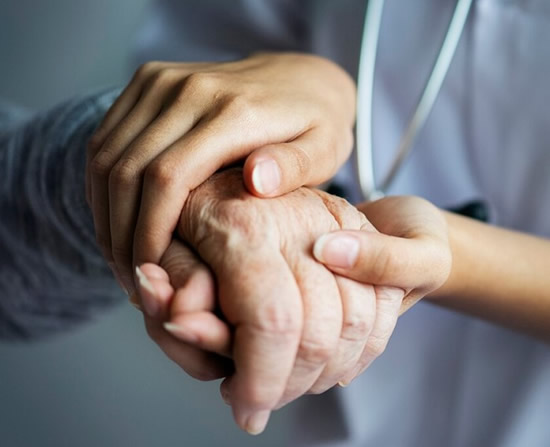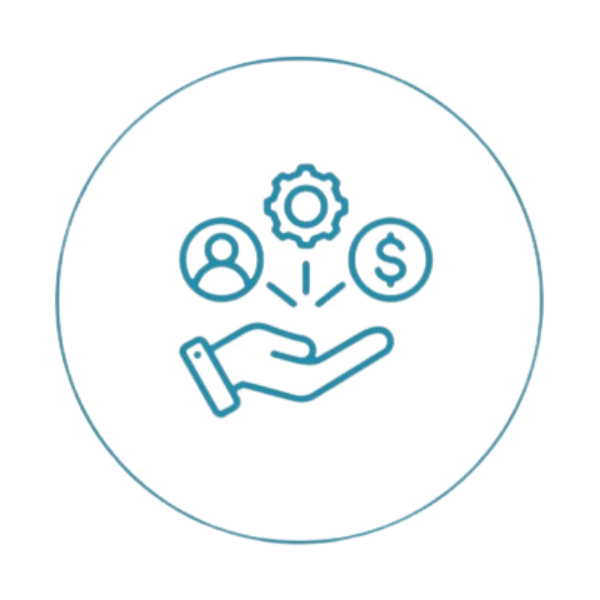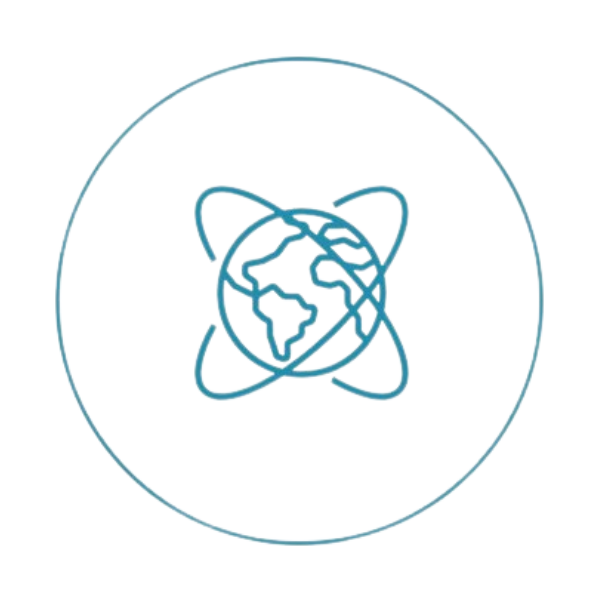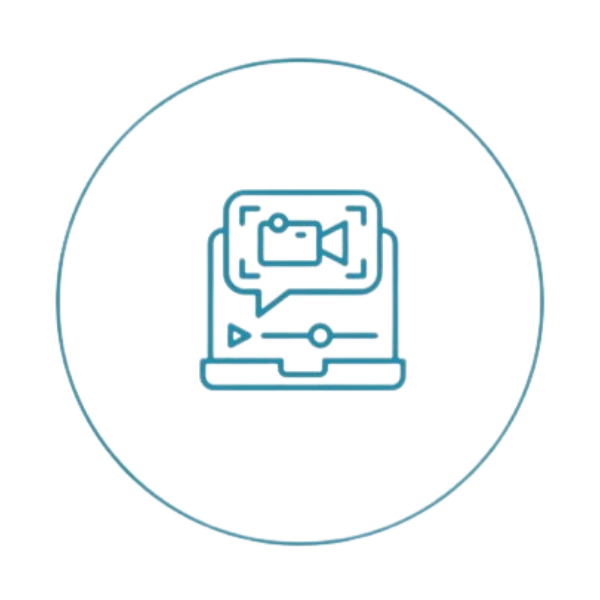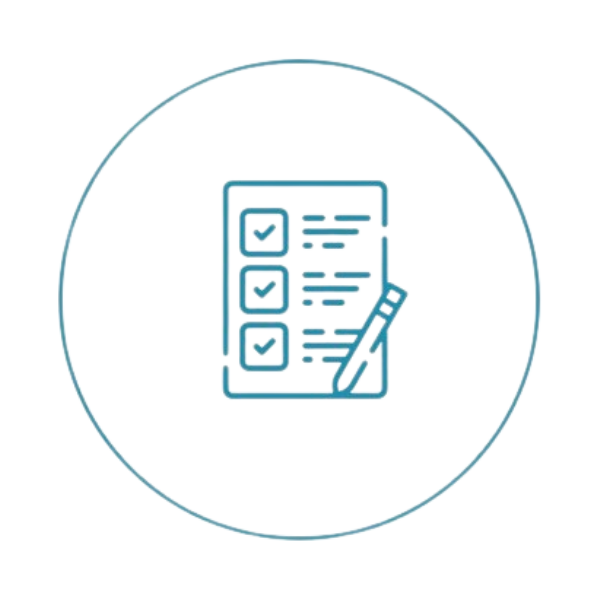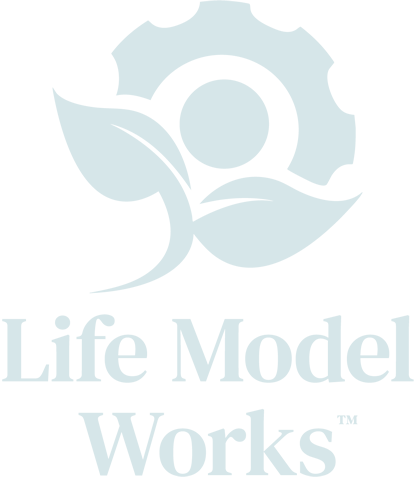Making life work better
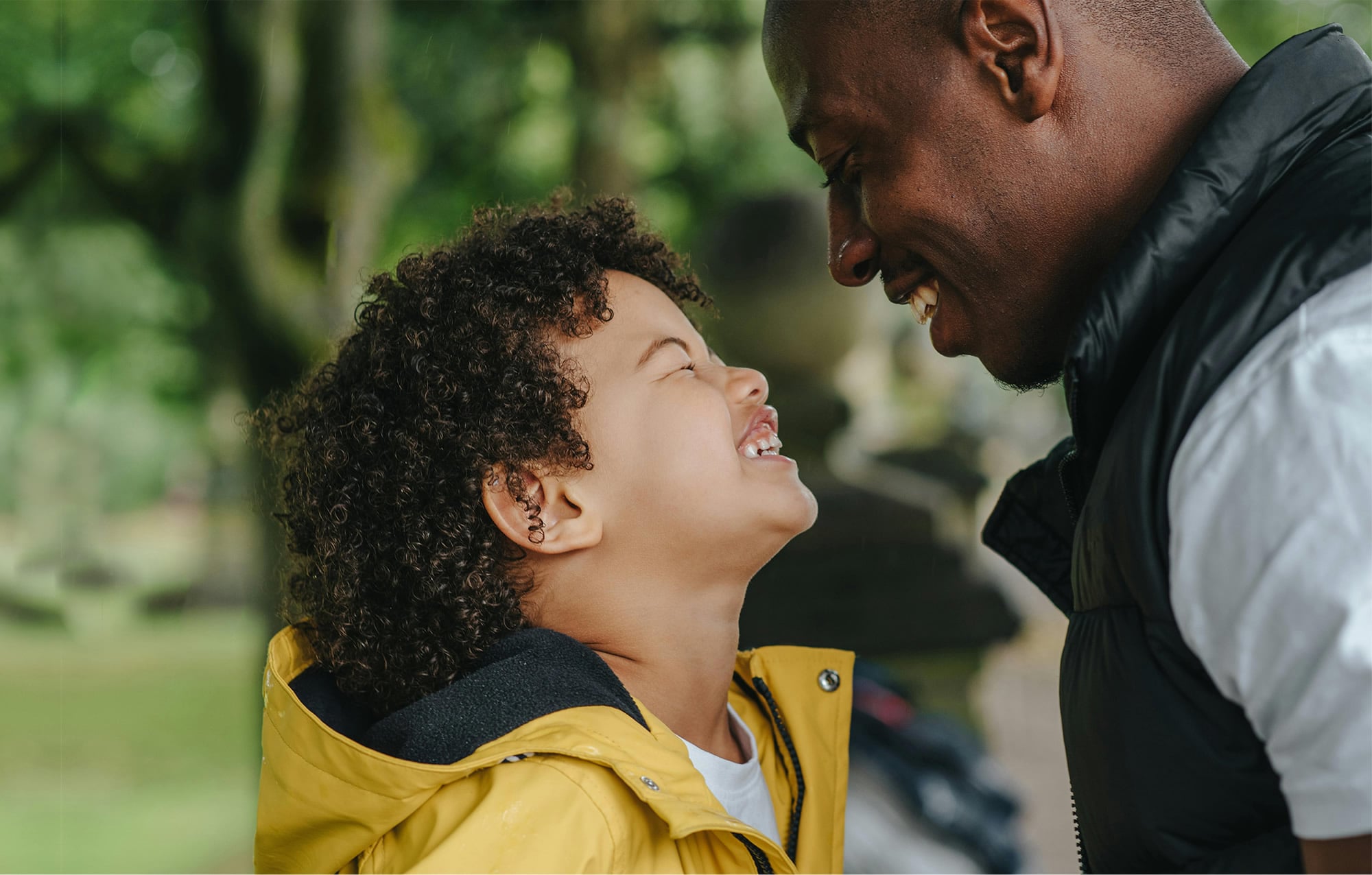
Making life work better
The Life Model & Life Model Works
The Life Model is an idealized conception of God’s design for human maturity and transformation throughout life. It is an advanced and proven set of relational and neurotheological practices made up of three principles: Relational Brain Skills, Immanuel Lifestyle, and Multigenerational Community.
Life Model Works is a nonprofit 501(c)3 organization pioneering the application, research, and continued development of the Life Model. We guide churches and Christian groups in “full brain, whole heart” practices that equip the body of Christ to be authentically transformed and grow in healthy community.
Join the Transformation
Pick a place to begin your journey!
Resources
Get to know more about the Life Model through our various resources


Testimonies
Your stuff is always so timely with Spirit-led accuracy. I became a widow 7 years ago and leaned on my Christian friends to recover. A small group of us did the Thrive series 10–12 years ago, and we STILL talk about what we learned about JOY! Joy strength, built by dopamine, and how babies look away when full—I’ve shared that truth countless times. Learning to return to joy from negative emotions and realizing the Bible teaches us to live in joy—so few teach this truth!
~ Rebecca M.

Testimonies
Your stuff is always so timely with Spirit-led accuracy. I became a widow 7 years ago and leaned on my Christian friends to recover. A small group of us did the Thrive series 10–12 years ago, and we STILL talk about what we learned about JOY! Joy strength, built by dopamine, and how babies look away when full—I’ve shared that truth countless times. Learning to return to joy from negative emotions and realizing the Bible teaches us to live in joy—so few teach this truth!
~ Rebecca M.
Practical Application of The Life Model

Inside Out 2 - Pernicious Anxiety
By Michel Hendricks
In my previous article on the movie, Inside Out 2, we looked at the brain reconstruction that happens when we transition from child to adult around age 14. One of the consequenc...

Inside Out 2 - The Great Rewiring
In the original popular movie, “Inside Out,” we meet Riley, a pre-teen girl struggling with the sadness of leaving her hometown and friends behind as she moves to San Francisco. W...
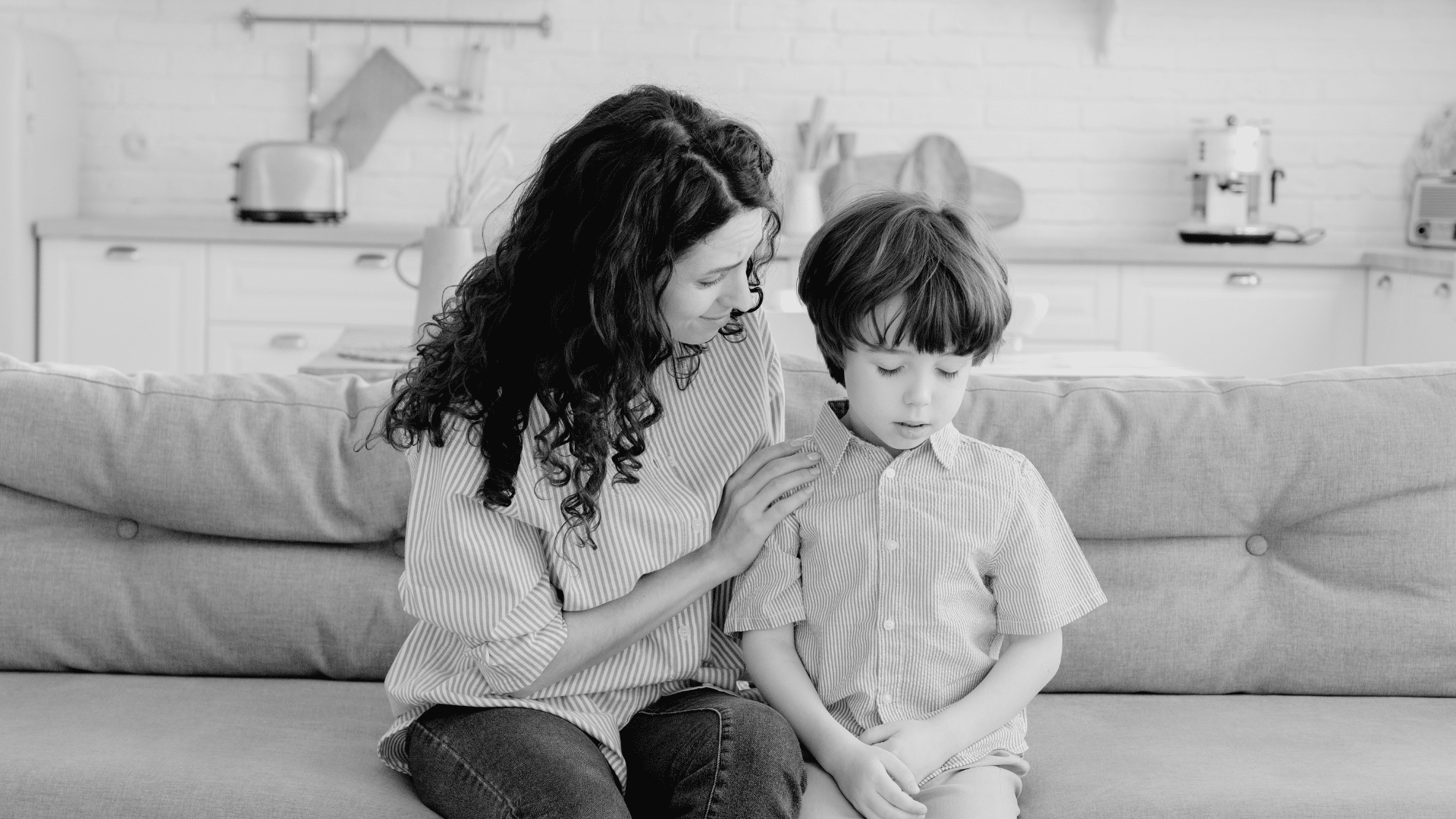
What Inside Out Can Teach Us About Emotion Regulation
By Claudia Hendricks
There are some gems in the first Inside Out movie that highlight how God designed our brains to help us regulate our emotions and be ourselves amid big changes. Inside Out 1 te...









